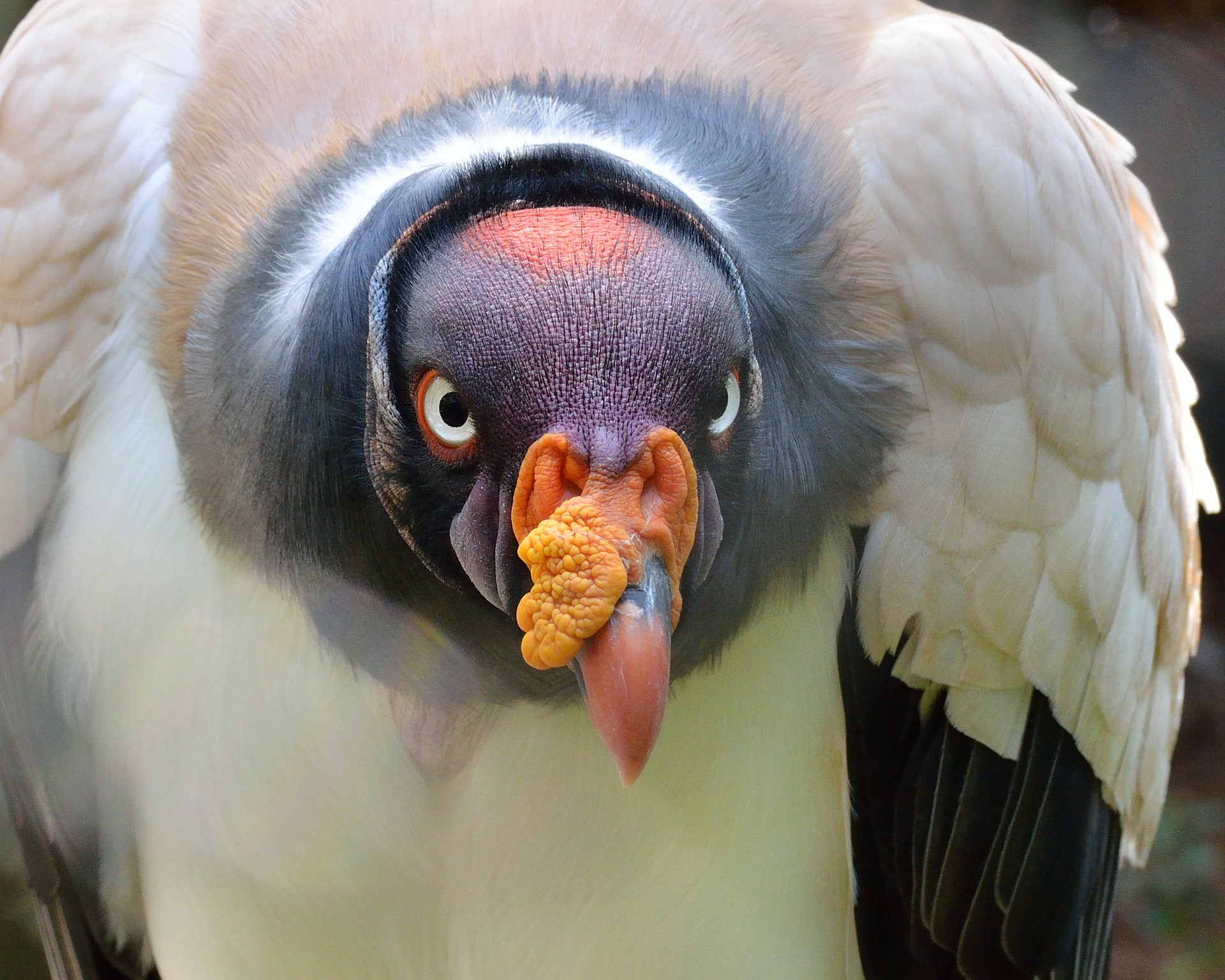Climate change is one of the most pressing issues we face today, and its impact on agriculture cannot be ignored. Farmers around the world are facing increasingly unpredictable weather patterns, soil degradation, and a host of other challenges that threaten their livelihoods. However, these challenges have also spurred innovation in agricultural science as scientists work to develop new technologies to help farmers adapt to a changing climate. In this blog post, we will explore some of the latest innovations in agriculture science that are helping farmers become more resilient and sustainable in the face of climate change.
The Problem of Climate Change
The problem of climate change is complex and multifaceted. Rising temperatures, changing weather patterns, and extreme weather events are all having an impact on agriculture around the world. As a result, farmers are facing numerous challenges such as droughts, floods, heatwaves and soil degradation.
The effects of these changes in climate can have significant consequences for food security and the livelihoods of millions of people who depend on agriculture for their survival. Additionally, agricultural practices themselves can contribute to greenhouse gas emissions that further exacerbate the problem.
It’s not just crops that are affected by climate change – livestock farming is also impacted by rising temperatures and shifts in rainfall patterns. This affects both animal welfare and meat production output.
In light of these challenges posed by climate change, it has become increasingly important to find innovative solutions that will help farmers adapt to this rapidly-changing landscape. Fortunately, advances in science have opened up new possibilities for sustainable agriculture practice that could mitigate some of these impacts while enhancing productivity at the same time.
Agricultural Adaptations to a Changing Climate
As climate change continues to affect our planet, the agricultural industry is feeling the impact. Increased temperatures and changing weather patterns are making it more difficult for farmers to maintain their crops and livestock. However, many in the agriculture industry are working hard to adapt to these changes.
One way that farmers are adapting is by using new crop varieties that can withstand higher temperatures and drought conditions. These crops have been genetically modified or selectively bred over time to be more resilient in harsher environments.
Another adaptation strategy involves changes in irrigation practices. As water becomes scarcer due to droughts, some farmers are switching from traditional flood irrigation methods to drip irrigation systems which use less water but deliver it directly where it’s needed most – at the root level of plants.
Additionally, some farmers are implementing conservation tillage techniques that reduce soil erosion and make better use of available moisture in dry areas. This practice helps keep nutrients in the soil while also reducing carbon emissions associated with tilling.
Many farmers are turning towards agroforestry as a means of adapting to climate change. By incorporating trees into their farmland systems they create windbreaks, shade for animals and help build fertile soils through leaf litter decomposition.
New Technologies in Agriculture Science
New technologies are revolutionizing the way we approach agriculture. With climate change affecting crop yields and soil quality worldwide, scientists have been working on innovative solutions that can help farmers adapt to these changes.
One of the most exciting advancements in agriculture science is precision farming. This involves using data analytics, sensors, and GPS mapping to optimize crop production. Farmers can now gather detailed information about their fields including soil moisture levels, temperature variations, and nutrient deficiencies. They can then use this information to tailor their planting schedules and adjust irrigation rates accordingly.
Another key technology in agriculture science is gene editing tools such as CRISPR-Cas9 which allows for precise modification of plant genes to increase resistance to pests and diseases while also improving yield potential. By manipulating the genetic code of plants, researchers hope to develop crops that are more resilient against harsh weather conditions like drought or extreme temperatures.
In addition to these cutting-edge techniques, there has been a growing interest in vertical farming which offers a sustainable solution for urban areas with limited land availability by allowing crops to be grown indoors under controlled conditions with artificial lighting instead of sunlight.
New technologies are providing exciting possibilities for sustainable agricultural practices which will ensure food security amidst changing climates around the world.
The Future of Agriculture Science
As we continue to face the challenges of climate change, agriculture science will play a critical role in ensuring food security and sustainable farming practices. The innovations discussed in this article are just the beginning of what is possible with advancements in technology and research.
In the future, we can expect to see even more impressive developments that will help farmers adapt and thrive in a changing climate. From precision agriculture techniques to genetic modification of crops for greater resilience, there is no doubt that agriculture science will continue to push boundaries.
As consumers become increasingly aware of the impact their choices have on the environment, demand for sustainably grown produce will only increase. It’s up to those working in agriculture science to meet this demand by developing new techniques that prioritize both productivity and sustainability.
By embracing innovation and constantly pushing towards progress, we can ensure that our agricultural systems remain resilient even as our planet continues to change. With continued investment in research and development, we can create a brighter future for ourselves and generations to come.










